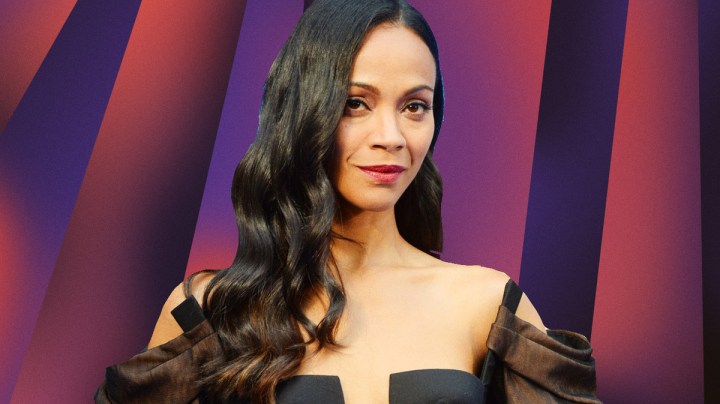Zoe Saldaña Under Fire for Sharing Problematic Views on Anti-Blackness in Latinidad

Art by Stephany Torres for Remezcla
Zoe Saldaña, girl, there is so much to unpack here.
Saldaña has come under fire once again, not just for sharing her problematic views on anti-Blackness in Latinidad, but then directing her fans to a Dominican woman who happens to be an editor at the outlet the Guardians of the Galaxy actress attacked via her Instagram Story.
On Dominican Independence Day, Refinery29’s Latinx vertical, SOMOS, shared an Instagram post where they collaborated with the group, In Cultured Company, to share facts about the history of Dominican Independence Day.
“177 years ago today, the Dominican Republic declared its independence from Haiti — but what does this day mean for the Afro-Dominican?” asks the caption. “The day has nothing to do with Spanish colonizers, but rather the country’s autonomy from Haiti in 1844, a fact that’s set the groundwork for centuries of anti-Black animus.”

In her best “I don’t see color” voice, she shared the SOMOS post on her Instagram story and added, “You owe all Dominicans – regardless if they’re Black, white, or Taino – an apology. On our independence day, we do not need to be schooled by others on what we ‘should’ know about ourselves #CancelCultureIsStartingToSuckSometimes.”
The writer of the original Instagram post is Thatiana Diaz, a Dominican-American editor of SOMOS, Refinery 29’s Latinx vertical. Diaz was then barraged with hateful comments, including death threats, and had to turn comments off the original post.
Diaz addressed Saldaña’s comments in an article writing, “I grew up celebrating Dominican Independence Day. To commemorate the occasion this year, I wanted to do something different that was in the spirit of the work we all do at Somos: To interrogate our history, to practice real inclusivity, and to understand that we can’t celebrate the things that make us beautiful without working to heal the ugly parts of our identity, too.”

“The post, which riffed on Frederick Douglass’ “What to the slave is 4th of July?” shared context on this day’s history, addressing how it has nothing to do with Spanish colonizers, and instead marks the country’s autonomy from Haiti in 1844. This context would be the footprint for the long, brutal history of anti-Haitian and anti-Black racism ingrained in Dominican culture,” Diaz writes.
For her part, Saldaña has only doubled down and has refused to give any comment, which sounds a lot like what happened when the Black community called her out for her Nina Simone portrayal in blackface. Instead of learning from that, she gave a blank apology and segued into her stance of “colorblindness.”